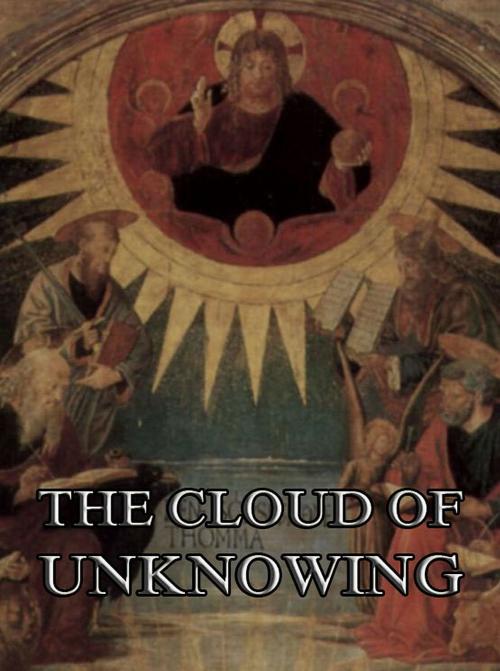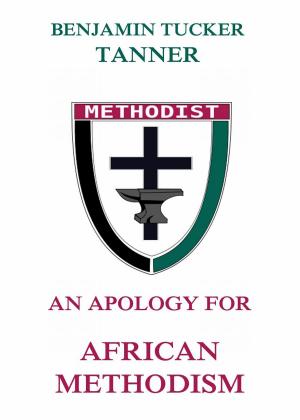The Cloud Of Unknowing
Nonfiction, Religion & Spirituality, Inspiration & Meditation, Mysticism, Spirituality| Author: | ISBN: | 9783849620868 | |
| Publisher: | Jazzybee Verlag | Publication: | July 21, 2012 |
| Imprint: | Language: | English |
| Author: | |
| ISBN: | 9783849620868 |
| Publisher: | Jazzybee Verlag |
| Publication: | July 21, 2012 |
| Imprint: | |
| Language: | English |
The Cloud of Unknowing (Middle English: The Cloude of Unknowyng) is an anonymous work of Christian mysticism written in Middle English in the latter half of the 14th century. The text is a spiritual guide on contemplative prayer in the late Middle Ages.The Cloud of Unknowing draws on the mystical tradition of Pseudo-Dionysius the Areopagite and Christian Neoplatonism, which focuses on the via negativa road to discovering God as a pure entity, beyond any capacity of mental conception and so without any definitive image or form. This tradition has reputedly inspired generations of mystical searchers from John Scotus Erigena, through Book of Taliesin, Nicholas of Cusa and St. John of the Cross to Teilhard de Chardin (the latter two of whom may have been influenced by "The Cloud" itself). Prior to this, the theme of "Cloud" had been in the Confessions of St. Augustine (IX, 10) written in AD 398. (courtesy of wikipedia.com)
The Cloud of Unknowing (Middle English: The Cloude of Unknowyng) is an anonymous work of Christian mysticism written in Middle English in the latter half of the 14th century. The text is a spiritual guide on contemplative prayer in the late Middle Ages.The Cloud of Unknowing draws on the mystical tradition of Pseudo-Dionysius the Areopagite and Christian Neoplatonism, which focuses on the via negativa road to discovering God as a pure entity, beyond any capacity of mental conception and so without any definitive image or form. This tradition has reputedly inspired generations of mystical searchers from John Scotus Erigena, through Book of Taliesin, Nicholas of Cusa and St. John of the Cross to Teilhard de Chardin (the latter two of whom may have been influenced by "The Cloud" itself). Prior to this, the theme of "Cloud" had been in the Confessions of St. Augustine (IX, 10) written in AD 398. (courtesy of wikipedia.com)















